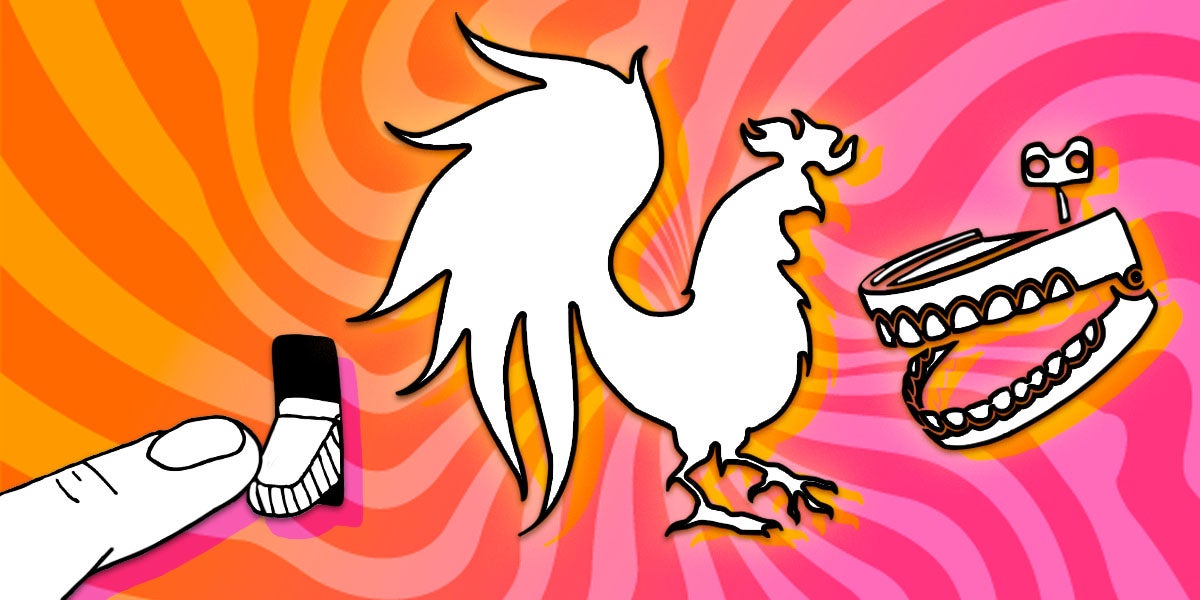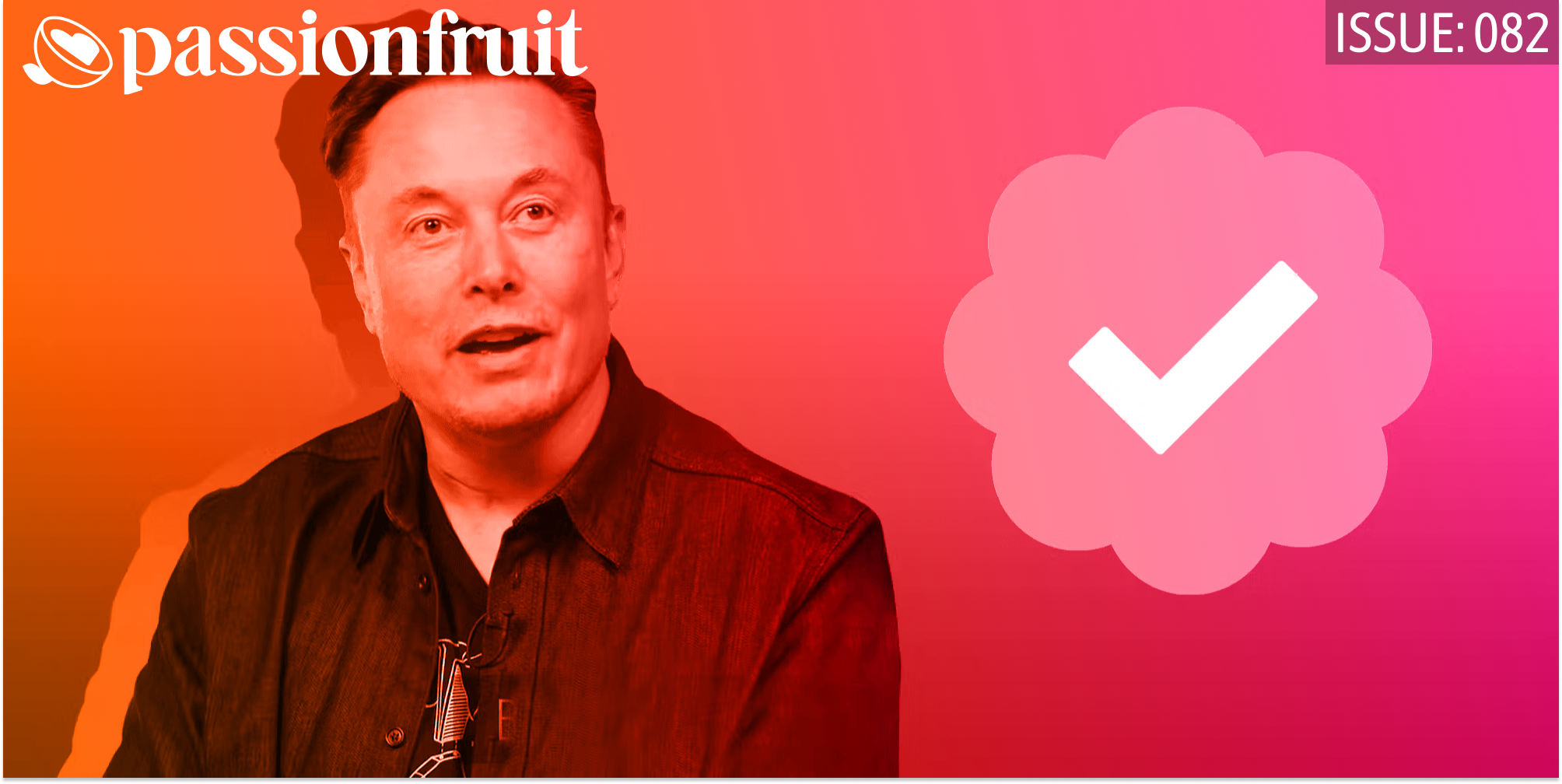CREATOR NEWSLETTER
Issue #218 | March 7, 2024
THE COMMENTS SECTION
“This bill is an outright ban of TikTok, no matter how much the authors try to disguise it. This legislation will trample the First Amendment rights of 170 million Americans and deprive 5 million small businesses of a platform they rely on to grow and create jobs.”
— A TikTok spokesperson tells Passionfruit about the news.
– Grace Stanley, Deputy Editor
NOTED BY LON HARRIS
Rooster Teeth Shutting Down is the End of an Era
The brand’s two-decade legacy is a history of digital media.
By Lon Harris, Passionfruit Contributor

SPONSORED

SXSW Creator Meetup
This Sunday, Passionfruit is headed to Austin to host a meet up for creators (and creator-adjacents) from 2-7:30pm. We’ll have a performance from Yoni Lotan, a panel from Teach:able and Creator Economy NYC, and free drinks all day long. Space is limited, 21+.
IN THE BIZ
- Twitch announced updates to its harassment policies, pledging more severe penalties for certain types of harassment and the development of tools to better identify and block harassment on the platform.
- Palestinian artist Sarah Bahbah has criticized Selena Gomez for purportedly ripping off her work. And this isn’t the first time, either.
- Discord announced initiatives to support game developers, including new tools for building gaming businesses and partnering with developers for themed items.
- Meta is investing heavily in AI, developing a unified AI recommendation model for Facebook’s video content across its entire platform.
PERSONALITIES
MrBeast Changed YouTube Editing Forever, Can It Go Back?
Video editors say YouTube’s video editing landscape has changed forever.
By Steven Asarch, Passionfruit Contributor
PLATFORMS
TikTok’s Monetization System Goes Through Yet Another Change
Forgive us for remaining skeptical.
By Charlotte Colombo, Passionfruit Contributor
WHAT WE’RE WATCHING
- Heroes Reforged watched episode 6 of the 2023 “Star Wars” series “Ahsoka.”
- Magic Magy watched 2021’s “Dune: Part 1.”
- Kai Masters watched season 5, episode 5 of “Breaking Bad.”
- funnylilgalreacts watched 2011’s “Kung Fu Panda 2.”
EYE BLEACH
Here is a cute cat video to take your mind off things.

Copyright © 2024 Passionfruit, All rights reserved.
You are receiving this email because you signed up to get the latest tips, tricks,
and trends in the creator economy from Passionfruit.
Have an idea for our next big story or want to get featured? Email us at tips@passionfru.it
Don’t want to hear from us anymore?
Click here to unsubscribe
To view in your browser click here





